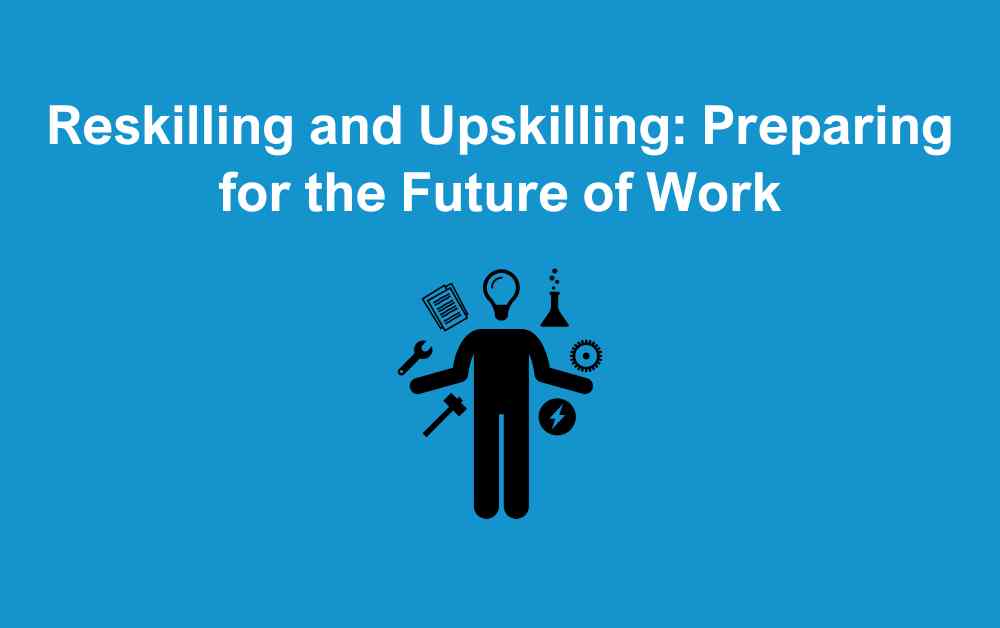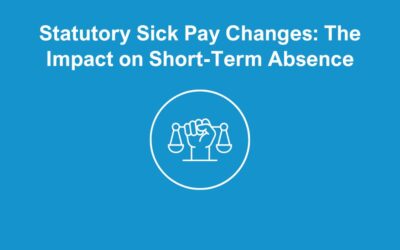As industries evolve and technology advances at an unprecedented pace, businesses and professionals alike face the need to adapt. Reskilling and upskilling have emerged as crucial strategies to ensure employability, competitiveness, and business resilience in the rapidly changing landscape. This blog explores the significance of these types of employee development, how they differ, and why they are key to thriving in the future of work.
What Are Reskilling and Upskilling?
Reskilling involves training employees in entirely new skills to perform different roles within an organisation. This is often necessary when roles become obsolete due to automation, technological advancements, or shifts in business priorities.
Upskilling, on the other hand, focuses on enhancing an employee’s existing skills. It enables individuals to perform their current roles more effectively or take on advanced responsibilities within the same field.
Both strategies aim to future-proof careers and businesses, ensuring that people and organisations can stay relevant in a dynamic job market.
Why Is Reskilling and Upskilling Important?
1. Bridging the Skills Gap
The skills gap continues to grow as new technologies emerge. Many organisations struggle to find candidates with the technical or soft skills needed to succeed in modern roles. Both strategies empower employers to address this gap internally, rather than relying solely on external hiring.
2. Adapting to Automation and AI
Automation and artificial intelligence (AI) are transforming industries. While some jobs are being replaced, new roles are being created that require specific technical expertise. Reskilling helps displaced workers transition into these emerging opportunities, while upskilling ensures others remain competitive in their existing roles.
3. Boosting Employee Retention
Investing in employee development shows commitment to their growth, fostering loyalty and engagement. High retention rates reduce recruitment costs and contribute to a more experienced and productive workforce.
4. Enhancing Business Agility
Companies that prioritise reskilling and upskilling are better equipped to respond to market changes. Agile organisations can redeploy talent quickly, ensuring business continuity during times of disruption.
5. Promoting Lifelong Learning
The concept of lifelong learning is becoming increasingly important. Workers need to continually update their knowledge to stay relevant. Businesses that foster a culture of continuous improvement benefit from a motivated and forward-thinking workforce.
How to Develop a Reskilling and Upskilling Strategy
1. Assess Current Skills
Start by evaluating the skills your workforce currently possesses. Identify gaps between these skills and those needed for the future. Tools like skills assessments and performance reviews can provide valuable insights.
2. Forecast Future Needs
Anticipate changes in your industry, such as emerging technologies or shifting consumer demands. This foresight helps you plan for the skills your organisation will require.
3. Create Personalised Learning Paths
Each employee’s learning journey is unique. Develop tailored training programmes to address individual needs, whether through online courses, in-house workshops, or mentorship opportunities.
4. Leverage Technology
Modern learning management systems (LMS) and e-learning platforms make it easy to provide scalable and flexible training options. Virtual reality (VR) and AI-driven tools can also deliver engaging and interactive experiences.
5. Measure Success
Track the effectiveness of your reskilling and upskilling efforts. Use key performance indicators (KPIs) such as employee retention rates, productivity metrics, and post-training assessments to evaluate outcomes.
The Role of Leadership in Reskilling and Upskilling
Leadership plays a critical role in fostering a learning culture. Leaders must:
- Champion Development Initiatives: Actively promote the importance of learning within the organisation.
- Provide Resources: Allocate budgets and tools for training programmes.
- Set an Example: Participate in learning initiatives to inspire employees to follow suit.
Future Trends in Reskilling and Upskilling
As the workplace continues to evolve, reskilling and upskilling strategies will need to adapt. Key trends include:
- AI-Driven Personalisation: AI will play a larger role in creating customised learning experiences.
- Focus on Soft Skills: As automation takes over repetitive tasks, skills like emotional intelligence and creativity will become increasingly important.
- Remote Learning: The rise of remote work has made virtual training programmes more essential than ever.
CIPD’s latest Labour Market Outlook survey
CIPD’s latest Labour Market Outlook survey reveals that over half (55%) of employers plan to maintain their current staffing levels, the highest figure recorded since winter 2016/17.
The report, based on a quarterly survey of 2,009 employers, incorporates data from the ONS vacancy survey and turnover analysis from the Labour Force Survey. All indicators suggest reduced staff attrition in 2024, with trends returning to pre-pandemic levels.
In light of this, the CIPD urges employers to prioritise upskilling opportunities to retain and develop their workforce.
The report highlights that upskilling the existing workforce is the most common response to hard-to-fill vacancies, with 52% of employers adopting this approach. Additionally, 36% of employers are increasing the duties of current staff. Offering higher pay also remains a popular strategy, with 41% of employers using this method over the past six months.
Conclusion: The Time to Act is Now
These development methods are not just buzzwords—they are essential strategies for navigating the future of work. For businesses, they provide a competitive edge. For employees, they ensure long-term career viability. By investing in these practices today, organisations and individuals can prepare for the challenges and opportunities of tomorrow.
Start prioritising reskilling and upskilling within your organisation to future-proof your workforce. The effort you invest now will pay dividends in resilience, agility, and sustained growth.
Frequently Asked Questions (FAQs)
1. What is the difference between reskilling and upskilling?
Reskilling focuses on learning new skills for a different role, while upskilling enhances existing skills for improved performance in the same role.
2. Why are reskilling and upskilling important for businesses?
They address skills gaps, improve employee retention, and ensure organisations stay competitive in changing markets.
3. How can I start a reskilling and upskilling programme?
Begin by assessing current skills, forecasting future needs, and creating personalised training paths with measurable outcomes.
Ensure your organisation stays ahead by integrating reskilling and upskilling into your long-term strategy.
How Our HR Consultancy Can Help with Reskilling and Upskilling
At The HR Booth, we understand the challenges businesses face in building a future-ready workforce. Whether you’re looking to implement large-scale reskilling initiatives or introduce targeted upskilling programmes, we provide tailored solutions to meet your needs.
Our HR services include:
- Skills Gap Analysis: Identifying the current and future skills required for your organisation to stay competitive.
- Bespoke Management Training Programmes: Designing customised training plans aligned with your business goals.
- Change Management Support: Guiding your organisation through workforce transitions to ensure smooth implementation.
- Employee Engagement Strategies: Helping you foster a culture of continuous learning and development.
With our expertise, you can empower your employees, boost retention, and future-proof your business. Get in touch with us today to discuss how we can help your organisation thrive in an ever-evolving market.







